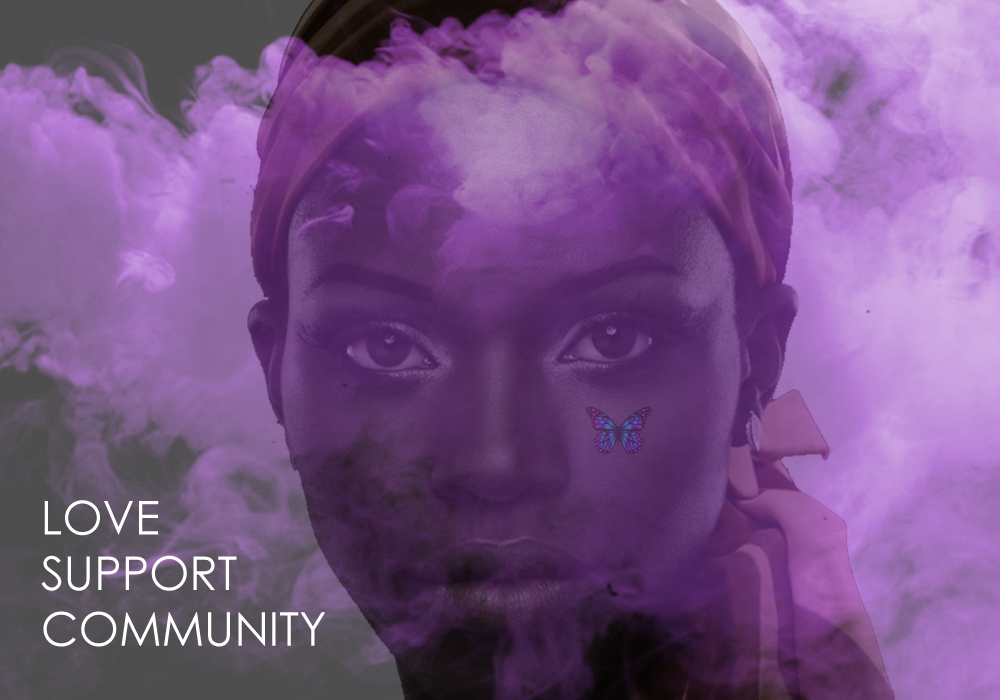
You are here
Lupus Awareness Month

Lupus is a chronic (long-term) disease that can cause inflammation and pain in any part of your body. It’s an autoimmune disease, which means that your immune system — the body system that usually fights infections — attacks healthy tissue instead.
Lupus most commonly affects your:
- Skin
- Joints
- Internal organs, like your kidneys and heart
When people talk about lupus, they’re usually talking about systemic lupus. But there are other types — including cutaneous lupus, drug-induced lupus, and neonatal lupus.
Systemic lupus erythematosus
Systemic lupus is the most common form of lupus—it’s what most people mean when they refer to “lupus.” Systemic lupus can be mild or severe.
Cutaneous lupus erythematosus
This form of lupus is limited to the skin and can cause many types of rashes and lesions.
Drug-induced lupus erythematosus
This is a lupus-like disease caused by certain prescription drugs>
Neonatal lupus
Neonatal lupus is not a true form of lupus. It is a rare condition that affects infants of women who have lupus and is caused by antibodies from the mother acting upon the infant in the womb.
Because lupus can affect so many different parts of the body, it can cause a lot of different symptoms. And many people with lupus don’t have all the symptoms. Common signs and symptoms of lupus The most common lupus symptoms (which are the same for men and women) are:
- Extreme fatigue (feeling tired all the time)
- Pain or swelling in the joints
- Swelling in the hands, feet, or around the eyes
- Headaches
- Low fevers
- Sensitivity to sunlight or fluorescent light
- Chest pain when breathing deeply
Many people with lupus also have problems that affect their skin and hair, like:
- A butterfly-shaped rash on the cheeks and nose
- Hair loss
- Sores in the mouth or nose
- Fingers and toes turning white or blue and feeling numb when a person is cold or stressed (Raynaud’s Disease)
Lupus symptoms may come and go - and they can change over time.
If you have these symptoms, it doesn't mean you have lupus. Lupus shares a lot of symptoms with other diseases, like arthritis and diabetes. So if you have these common lupus symptoms, it’s important to talk to your doctor and find out whether you have lupus or a different health problem. That way, you can get the treatment you need.
For more information about Lupus? Visit Understanding Lupus
